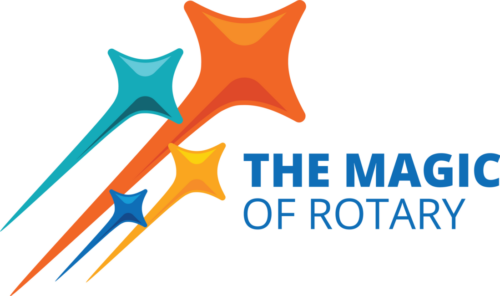Dr. Diane Cullinane, a Developmental Pediatrician specializing in neurodevelopmental disabilities, shared some insights into Autism and the way doctors diagnose and treat those individuals from birth to adulthood. Dr. Cullinane, a Stanford grad with her medical degree from Baylor University, founded a non-profit organization called Professional Child Development Associates. The organization serves over one thousand children per year with therapy services. Therapy in areas of speech, feeding, music, physical therapy and social skills can be vital to improve the lives of children and young adults with autism and other developmental challenges. The CDC as indicated that over the past twenty years there has been huge increases in children diagnosed with autism. Currently one in sixty-eight children have autism with no apparent reason for such an increase. The good news is that our ability to help improve their lives has increased due to a better understanding of lifelong disabilities. Dr. Cullinane relates that many autistic kids are very bright but some have cognitive impairments while others need help with their social skills. The primary deficit of autistic people is with social connections. Dr. Cullinane’s mission is to educate, teach, write and share her information with parents and families as well as other local professionals. It is interesting to note that the State of California has an entitlement program, which allows those with developmental disabilities to get any type of help they may need.
Autism is typically diagnosed around the age of two years old. Many of the younger autistic kids are observed by Dr. Cullinane not looking directly at her but simply eye gazing at an object or enamored by the feeling they get in an elevator. They could be staring at columns on a train schedule with a fixed gaze but not making social connection. Dr. Cullinane noted that adults with autism like who they are and usually have a full range of I.Q. Once a therapist or speech coordinator achieves a warm feeling of trust with an autistic person they begin the process of engaging through questions and answers or possibly pretend play, drawings or writing a story. Dr. Cullinane’s Professional Child Development Associates is truly doing the hard work it takes to educate families about developmental disabilities and improve the lives of those with autism. She says that each family has a different journey with their own strengths and challenges and she values their partnerships tremendously.
(Pat Dolphin)

 Teri Muse Walk-a-Thon for mental health awareness
Teri Muse Walk-a-Thon for mental health awareness  10th Anniversary of The Field of Honor
10th Anniversary of The Field of Honor  Arcadia Rotary’s Installation of it’s 98th President
Arcadia Rotary’s Installation of it’s 98th President  Let’s Recap! 6/21/24
Let’s Recap! 6/21/24